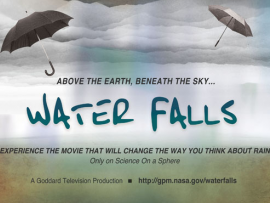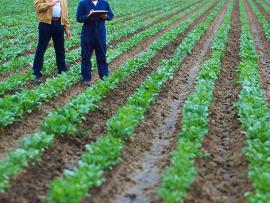Search
Primary tabs
Search
Your search for "Climate" gave back 165 results.
Primary Topic:
Subtopics:
Type:
Standards:
Keywords:
Summary:
NASA researchers use a combination of satellite observations to re-create multi-dimensional pictures of hurricanes and other major storms in order to study complex atmospheric interactions. In this video, they applied those techniques to Hurricane Matthew
Primary Topic:
Subtopics:
Type:
Keywords:
Summary:
In this lesson, students will learn about hurricanes as a natural hazard. They will learn about technologies that have been developed to mitigate their devastating effects.
Primary Topic:
Subtopics:
Type:
Keywords:
Summary:
The process by which water moves around the earth, from the ocean, to the atmosphere, to the land and back to the ocean is called the water cycle. These animations each portray a component of the water cycle.
Primary Topic:
Subtopics:
Type:
Keywords:
Summary:
The second spinoff video for the Science on a Sphere film "Water Falls." This video looks at the uses and advantages of remote sensing.
Primary Topic:
Subtopics:
Type:
Summary:
Students will use various visualizations (i.e. images, charts, and graphs) to explore the energy exchange that occurs when hurricanes extract heat energy from the ocean.
Primary Topic:
Type:
Summary:
Learn about "Water Falls', the exciting new Science on a Sphere film that tells the story of GPM and the importance of freshwater. Premiering October 2013.
Primary Topic:
Subtopics:
Type:
Keywords:
Summary:
GPM Deputy Project Scientist Gail Skofronick-Jackson discusses GPM's snowfall measurement capabilities and the challenges of measuring snow.
Primary Topic:
Type:
Summary:
Home page for the Societal Applications topic.
Primary Topic:
Subtopics:
Type:
Keywords:
Summary:
This NASA video segment highlights the impact of drought on a global scale. Viewers learn that during a drought the risk of fire increases. Fire produces soot and ash that travel across continents via the trade winds.
Primary Topic:
Subtopics:
Type:
Keywords:
Summary:
Use recyclable plastic bottles to build an instrument that could be used to measure rain.











